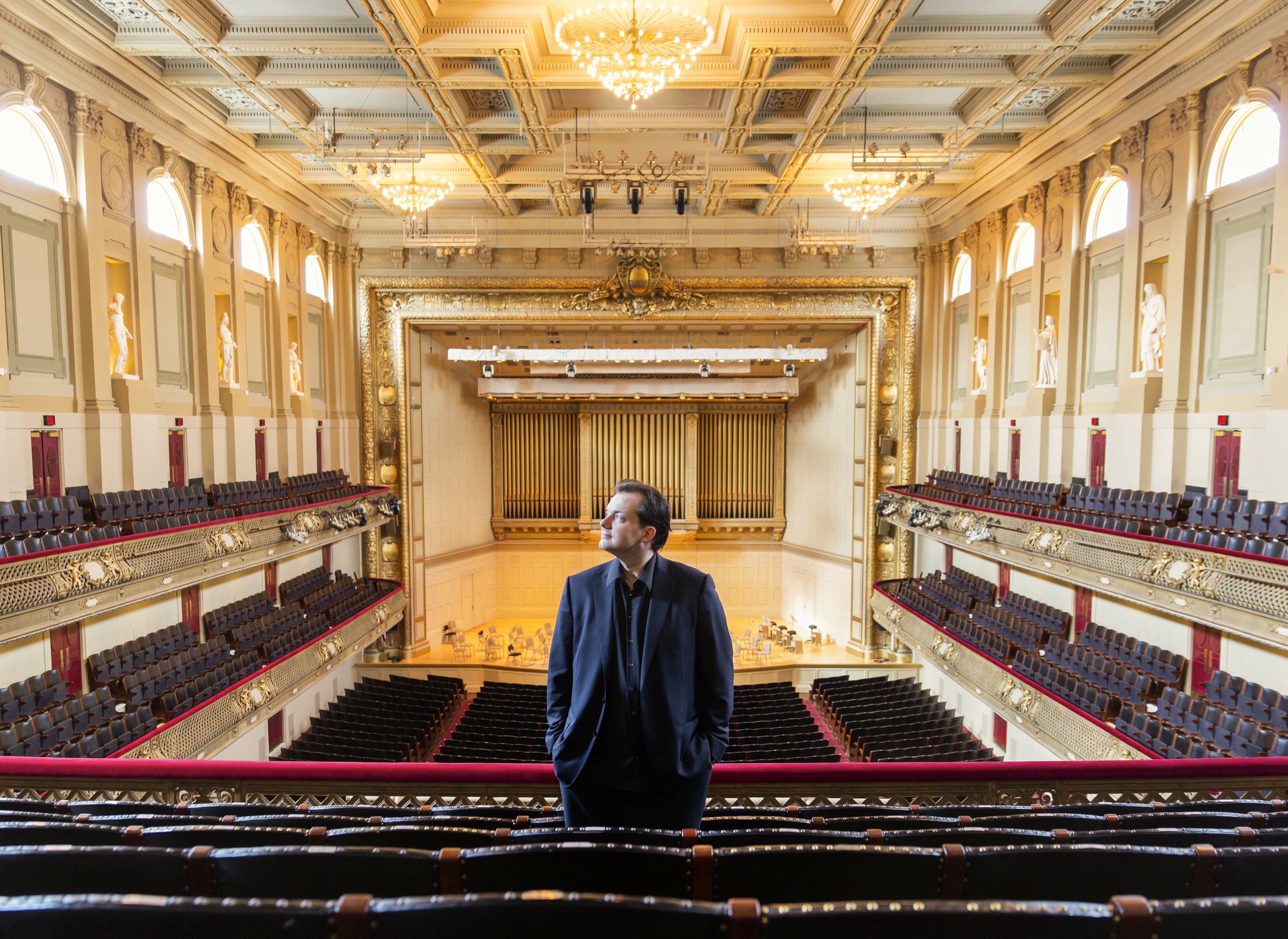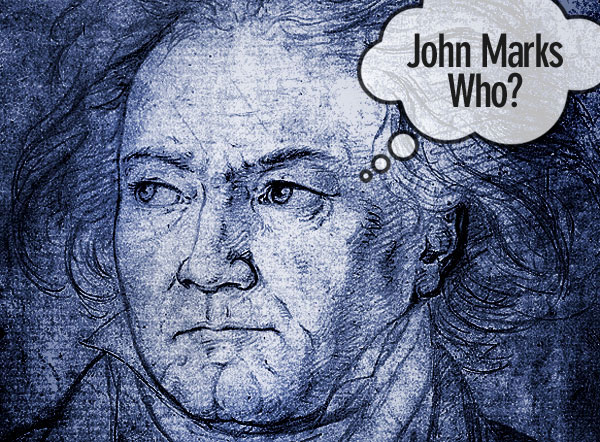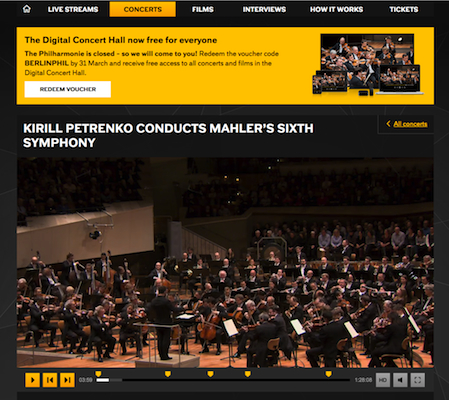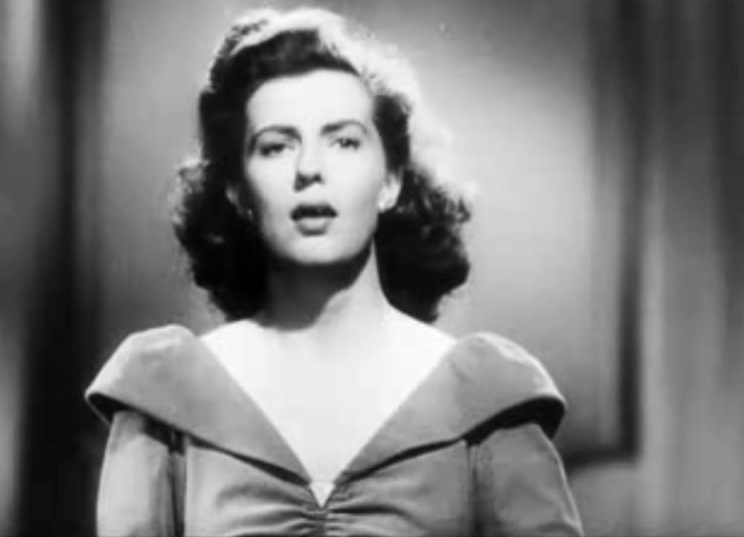
Month: March 2020
CLPS 0500 Perception and Mind, John Marks Guest Lecture on “Music”
 Courtesy Stereophile magazine.
Courtesy Stereophile magazine.
Preparation for Participation, Part One
A recent article (Mehr, et al., 2019) posits that across all cultures, song (meaning music with words) is a “cultural constant.”
To put it as simply as possible, “Everybody sings.” (Or, at least: Most people, in all cultures, sing.)
This, in and of itself, should not be surprising. People in most (if not all) cultures have since earliest times always heard birds singing (although admittedly, on a spectrum from the most simple to the most complex bird songs). If you do a web search with the query: “relationship between birdsong and human song” you will be presented with an engrossing salmagundi of results, with this one at the top (“Birdsong and Human Language”).
(Note, read that article in full only if it interests you; I just wanted you to be aware of the concept of a relationship between birdsong, and human song and language.)
What I found remarkable in the Mehr 2019 study is that study’s mention of a previous paper by the same team, reporting the experimental finding that:
[U]ntrained listeners in 60 countries could on average discern the human behavior associated with culturally unfamiliar musical forms. These behaviors included dancing, soothing a baby, seeking to heal illness, or expressing love to another person.
In other words, ordinary listeners could tell what kinds of songs they were listening to, even when those songs came from far-away places and radically different cultures. Continue Reading →
Rosen, Stevenson, and Delmoni: “Londonderry Air” (arr. Fritz Kreisler)
 Photo by John Marks
Photo by John Marks
The above photo was not taken in Ireland, but it perhaps could pass; and in any event, it will have to do.
For St. Patrick’s Day, here are Nathaniel Rosen (cellist), Doris Stevenson (pianist), and Arturo Delmoni (guest violinist) playing Fritz Kreisler’s trio arrangement of “Londonderry Air,” also known as “Danny Boy.”
Rosen, Stevenson, and Delmoni: “Londonderry Air” (arr. Fritz Kreisler)
That track is from the 2-LP set Orientale, which was released on North Star Records in 1991. The project was my idea. I obsessively mother-henned the thing from soup to nuts, from concept to the sessions at Holy Trinity Church (David Hancock recorded), to the art-quality printing on the fabricated jackets, to the vellum paper for the signed numbered certificates. (Orientale on LP was a signed numbered limited edition of 2,000 2-LP sets.)
I find it gratifying that nearly 30 years later, Orientale 2-LP sets regularly sell between $300 and $500 on the used market. The top sale is $600 for a claimed sealed set. There is one set for sale now, at $549.99. The musicianship is otherworldly, captured in a David Hancock 30 ips two-track recording using Cambridge ribbon microphones. Doug Sax mastered it; he told me that the Tchaikovsky piece had made him want to “jump over the console.” I took that to mean that he liked it.
# # #
Kirill Petrenko, Berlin Philharmonic: Gustav Mahler, Symphony 6

The Berlin Philharmonic has just made a really classy move: in view of the coronavirus pandemic, they have removed the paywall on their archived content. To put it another way, you can now binge-watch exceptional classical music performances for free.
While hunkering down under the electric blanket and waiting for the wine-store delivery person to arrive, one could do far worse in terms of internet browsing than to dive deeply into Gustav Mahler’s “Tragic” Sixth symphony. The orchestral playing is fabulous, and the sound quality is very very good. I was very pleased to see that Kirill Petrenko had opted for the authentic order of the inner movements; slow movement second, scherzo third. That performance was recorded January 25, 2020. More recommendations after the jump, as well as at least one comment. Continue Reading →


